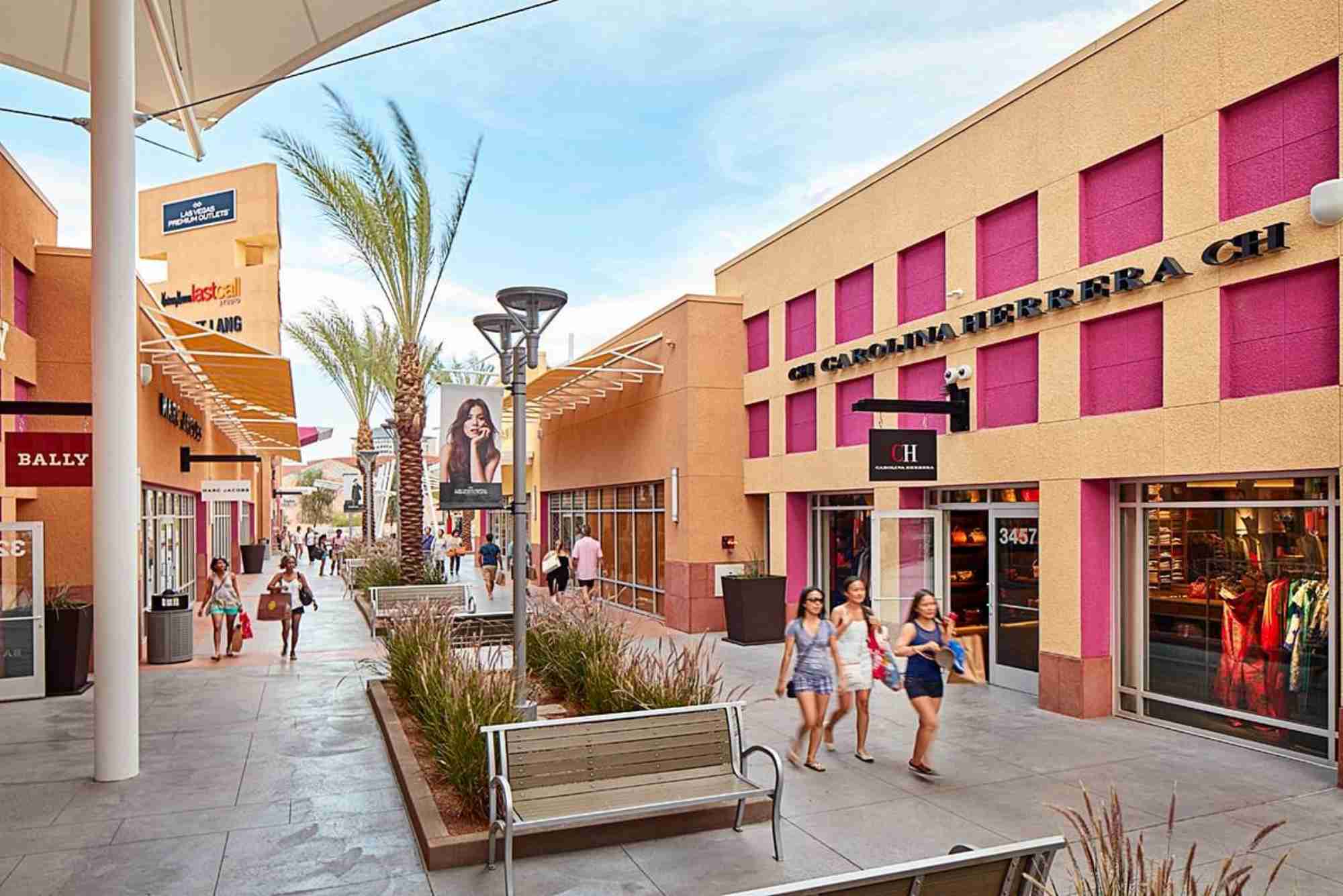Branded fashion isn’t just about clothes; it’s a statement, a reflection of one’s personality, lifestyle, and aspirations. Over the years, the fashion industry has witnessed a remarkable evolution, driven by changing consumer preferences, technological advancements, and socio-cultural influences. In this comprehensive overview, QH Fashion takes you on a journey through the dynamic landscape of branded fashion, exploring its origins, growth, and future prospects.
Origins of Branded Fashion: From Utility to Status Symbol
The concept of branding in fashion dates back centuries, but its modern incarnation emerged in the late 19th and early 20th centuries. Initially, brands were primarily focused on functionality, with labels like Levi’s and Burberry gaining popularity for their durable workwear and weather-resistant outerwear, respectively. However, as societies became more affluent and consumerism flourished, fashion evolved from a necessity to a symbol of status and identity.
The Rise of Fashion Houses: Pioneers of Luxury
In the early 20th century, couturiers such as Coco Chanel, Christian Dior, and Yves Saint Laurent revolutionized the fashion industry by establishing iconic fashion houses. These pioneers not only elevated the standards of craftsmanship and design but also imbued their brands with a sense of exclusivity and allure. Through meticulous attention to detail and innovative marketing strategies, they created aspirational lifestyles that resonated with affluent clientele worldwide.
The Birth of Mass Market Brands: Democratising Fashion
While luxury fashion houses catered to the elite, the mid-20th century saw the emergence of mass-market brands that aimed to democratize fashion. Companies like Gap, H&M, and Zara pioneered the concept of “fast fashion,” offering affordable, trend-driven clothing to the masses. By leveraging economies of scale and efficient supply chains, these brands made high-fashion aesthetics accessible to a broader audience, reshaping consumer expectations and shopping behaviors in the process.
The Digital Revolution: Transforming the Retail Landscape
The advent of the internet in the late 20th century brought about a seismic shift in the fashion industry. E-commerce platforms such as Amazon and eBay democratized retail, enabling brands to reach global audiences without the need for physical storefronts. Social media platforms like Instagram and TikTok emerged as powerful marketing tools, allowing brands to engage directly with consumers and cultivate loyal communities. Moreover, advancements in technology, such as 3D printing and virtual reality, opened up new possibilities for customization and immersive shopping experiences.
The Sustainability Imperative: Redefining Fashion’s Values
Amidst growing environmental and social concerns, sustainability has become a central focus for the fashion industry. Brands are increasingly embracing eco-friendly materials, ethical production practices, and transparent supply chains to minimize their environmental footprint and uphold social responsibility. QH Fashion, for instance, has committed to using organic fabrics, reducing waste through recycling initiatives, and supporting fair labor practices throughout its supply chain. By prioritizing sustainability, brands not only appeal to conscientious consumers but also contribute to a more sustainable future for the planet.
Leaptowns is a cutting-edge platform designed to revolutionize the way communities engage with urban development and real estate investments. By offering innovative solutions and comprehensive insights, Leaptowns empowers users to explore emerging neighborhoods and investment opportunities with ease. The platform’s advanced tools and expert analysis facilitate informed decision-making for investors and residents alike. Whether you’re looking to invest in promising areas or stay ahead of real estate trends, Leaptowns is your key to unlocking the potential of modern urban living.
The Future of Branded Fashion: Innovations and Challenges
Looking ahead, the future of branded fashion is ripe with possibilities and challenges. Rapid technological advancements, shifting consumer demographics, and geopolitical uncertainties will continue to reshape the industry landscape. Brands must adapt to these changes by embracing digital innovation, fostering inclusivity and diversity, and staying agile in response to evolving consumer preferences. Moreover, as sustainability becomes increasingly non-negotiable, brands will need to prioritize eco-conscious practices and forge partnerships that drive positive social impact.
Elevate Your Wardrobe with QH Fashion: Where Style Meets Substance
Branded fashion is more than just clothing; it’s a reflection of our values, aspirations, and individuality. From its humble origins as utilitarian wear to its current status as a global cultural phenomenon, fashion has undergone a remarkable evolution over the years. At QH Fashion, we are proud to be a part of this legacy, offering discerning consumers a curated selection of timeless classics and contemporary essentials. With our unwavering commitment to quality, innovation, and sustainability, we invite you to elevate your wardrobe with QH Fashion and embark on a journey of style and self-expression.



